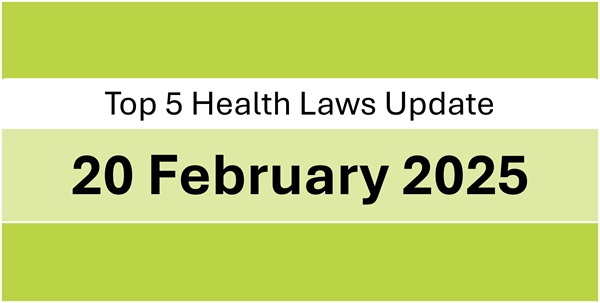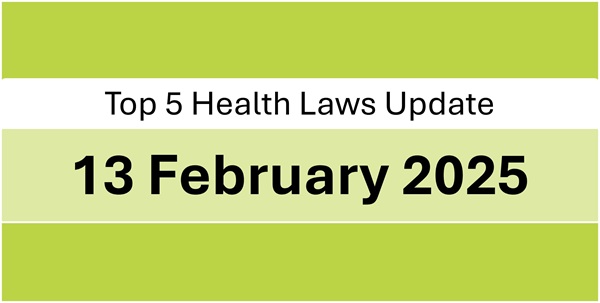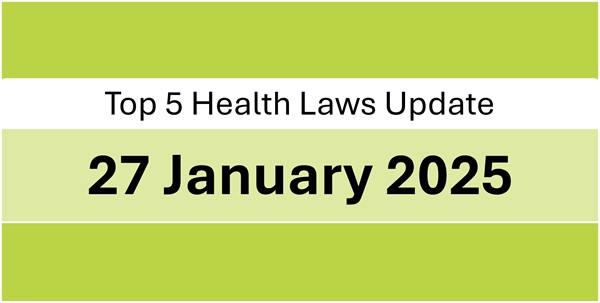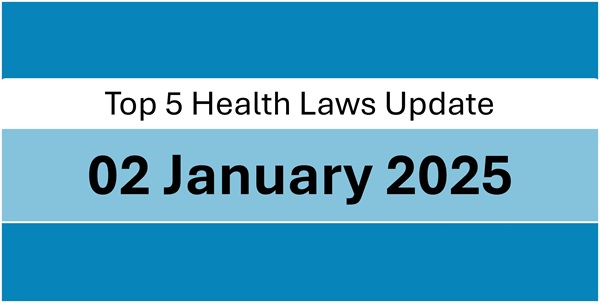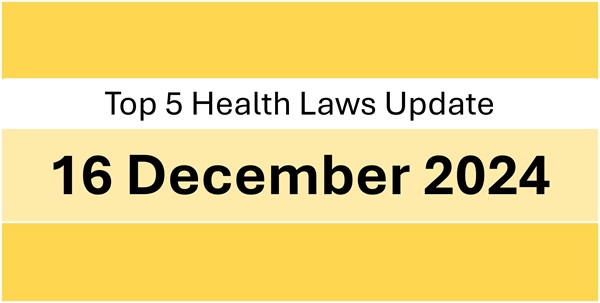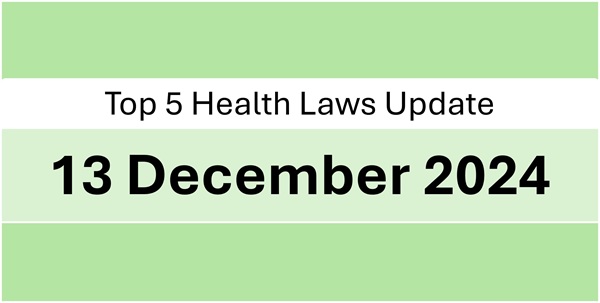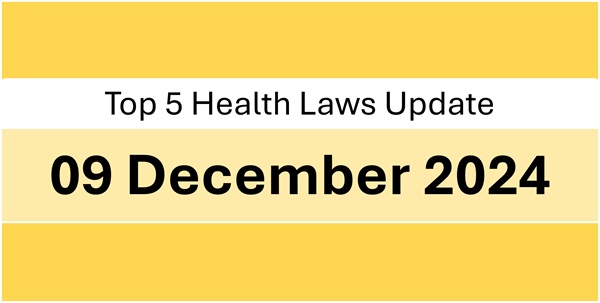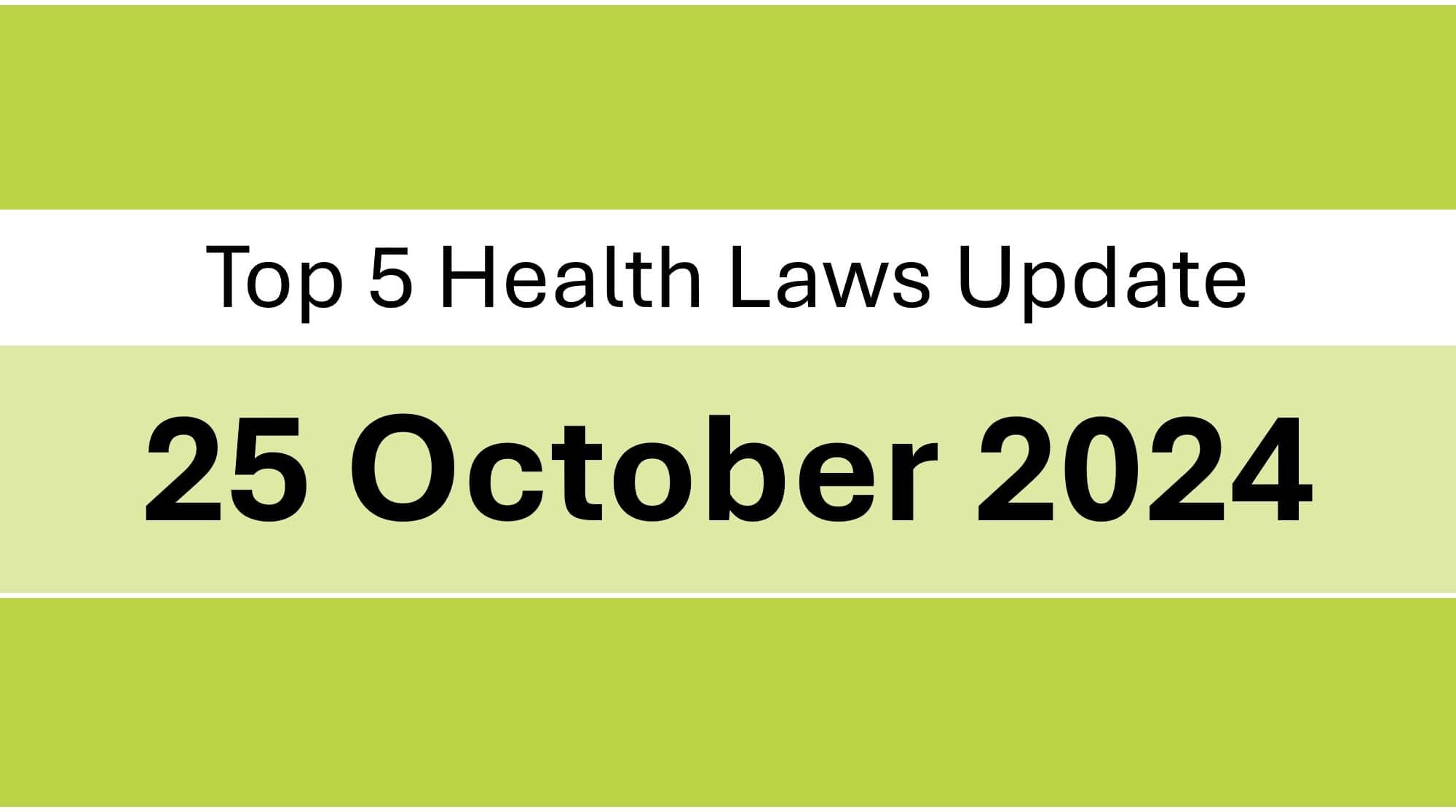Dear Readers, we are happy to share the most interesting legal and policy updates concerning health industry that we read today. we hope you enjoy reading it.
1. The Supreme Court of India by dismissing a review petition held that doctors and medical professionals rendering paid services will fall under the Consumer Protection Act 1986.
Source: bit.ly/3EJukMp
2. The Department of Telecommunications (DoT) has directed social media and application hosting platforms to remove content enabling Caller ID spoofing, citing violations of the Telecommunications Act, 2023. The advisory warns that tampering with telecom identifiers is a cognizable and non-bailable offence, and platforms failing to comply may face legal action.
Source: bit.ly/4k8UNDu
3. The Indian Pharmaceutical Association (IPA) has raised serious concerns over the National Pharmaceutical Pricing Authority (NPPA) mandate for all offline and online pharmacies to display current drug prices on their websites to protect consumers from overpaying as impractical and unfeasible.
Source: bit.ly/4k3GEY3
4. The WHO’s 2025 update to the International Classification of Diseases (ICD-11) introduces a new module for traditional medicine, recognizing Ayurveda, Siddha, and Unani systems alongside conventional healthcare. This move strengthens their role in global health reporting, research, and policymaking, fostering integrative healthcare.
Source: bit.ly/4kagsv4
5. The Food Safety and Standards Authority of India (FSSAI) has proposed a draft amendment to the Food Safety and Standards (Labelling and Display) Regulations, 2020. Key changes include mandatory bold labeling of added sugar, saturated fat, and sodium content, a compulsory logo as provided on all milk and milk products, and clearer front-of-pack declarations for coffee-chicory mixtures. Public objections or suggestions can be submitted within 60 days from the date issuance of notification.
Source: bit.ly/40Zx4ws

